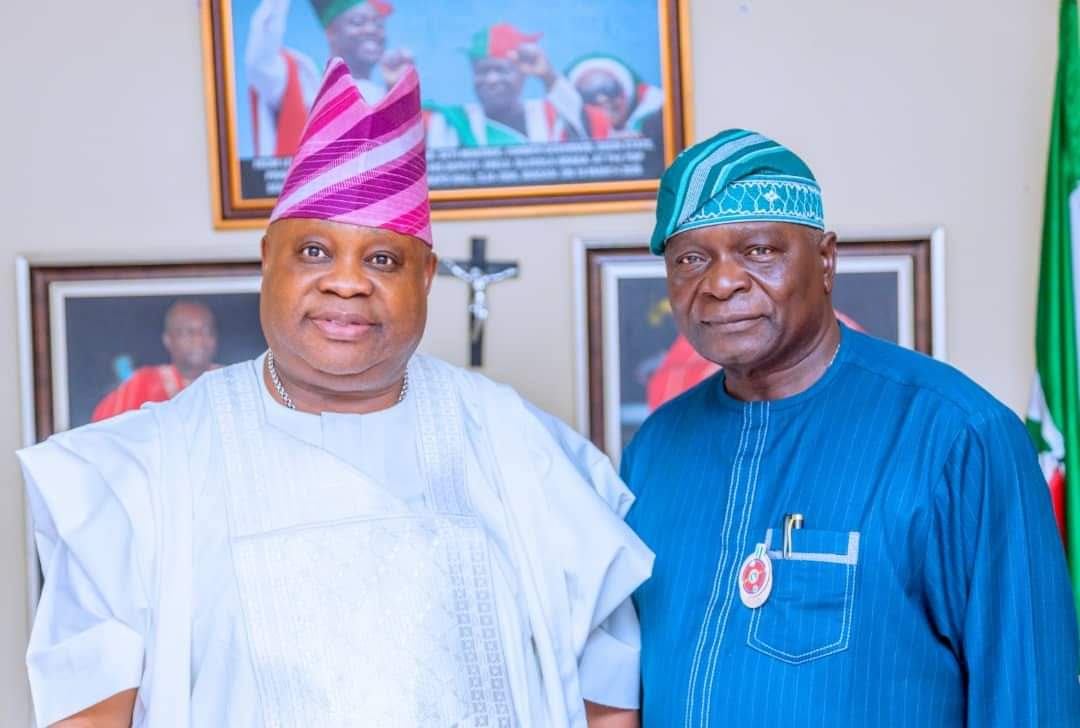The news about Nigerian artist Harrysong reportedly marrying 30 women in a single day has caused a significant stir, capturing the attention of the media and the public.
This extraordinary act has sparked widespread speculation and debate, with many questioning its implications on both Harrysong’s personal life and his career as a musician.
At the heart of the discussions are societal norms and expectations, prompting reflections on the evolving dynamics of relationships and marriage in contemporary times.
Comparison to Fela Kuti’s Record
Harrysong’s unprecedented action has garnered comparisons to Fela Kuti, a legendary figure in Afrobeat music, who previously held the record for marrying 27 wives in a single day.
By surpassing this record, Harrysong has not only attracted attention but also raised questions about the motivations behind his decision and the potential impact on his image within the music industry.
The video depicting Harrysong surrounded by women in traditional wedding attire has served as a focal point for speculation and discussion. This visual representation of the event has fueled curiosity and prompted inquiries into the singer’s motives for such an unconventional move.
Fans and the public are keen to understand the implications of this decision, both in Harrysong’s personal life and in the context of his career.
The Societal Implications
The discussions surrounding Harrysong’s actions also highlight broader societal conversations about the changing dynamics of relationships and marriage. His bold move challenges traditional norms and expectations, prompting a deeper exploration of the intersection between tradition and modernity in the context of marriage.
While some have lauded Harrysong’s audacity, others are curious about the practical aspects of managing such a unique marital arrangement.
The implications of Harrysong’s decision extend beyond his personal life, raising questions about the evolving nature of relationships in contemporary times. Additionally, the parallels drawn between Harrysong and Fela Kuti underscore the cultural significance of such actions within the context of Nigerian music and society.




